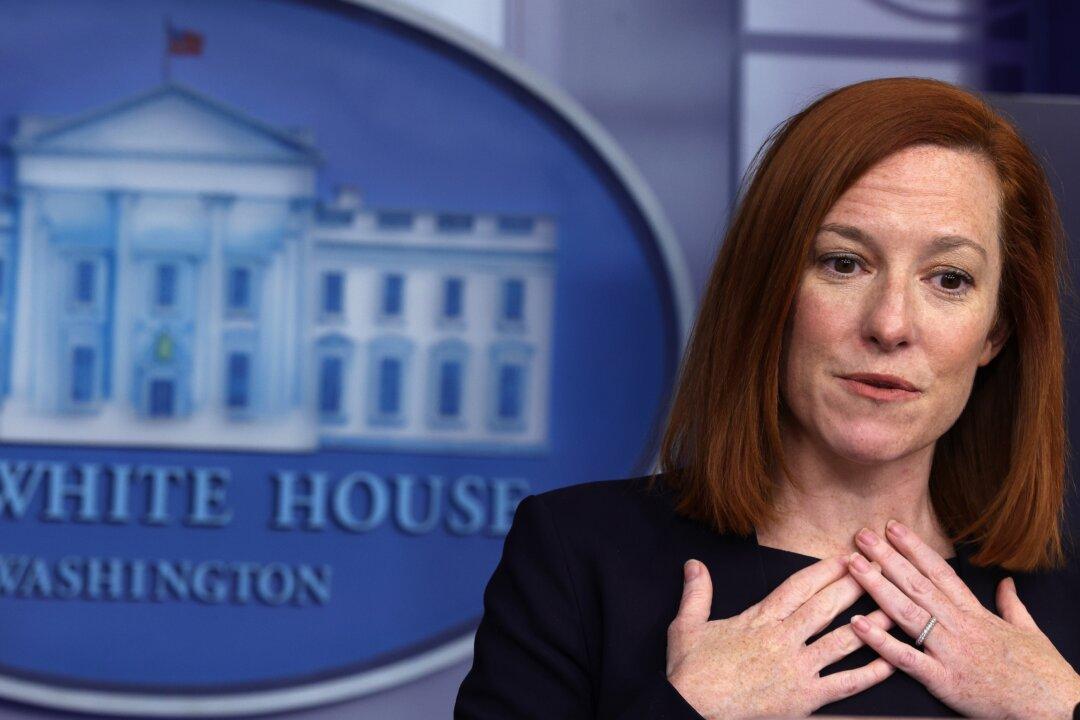The Biden administration is looking into whether Israel and Saudi Arabia are important allies for the United States, according to White House press secretary Jen Psaki.
Psaki said on Feb. 12 that the White House is involved in “ongoing processes and internal interagency processes” to discuss Middle Eastern issues, when asked whether the administration considers them “important allies.”





